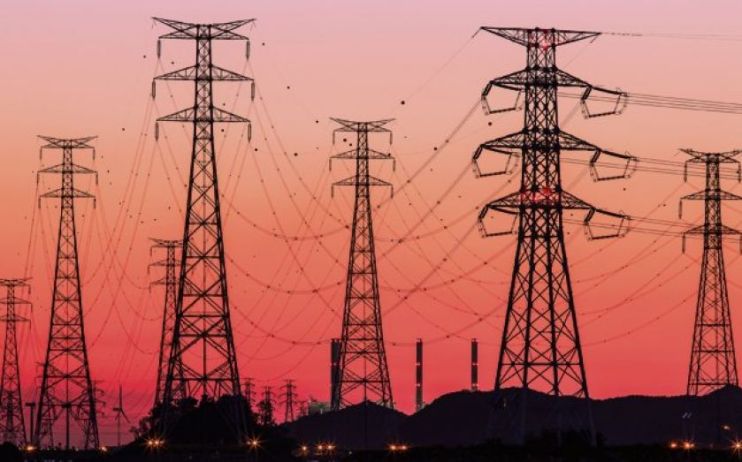Government ‘asleep at the wheel’ over decarbonisation goals, warns climate body

The government is “asleep at the wheel” when it comes to the decarbonisation of the electricity grid, warned a leading environmental advisory body.
The Climate Change Committee (CCC) has called for the delivery of infrastructure has to happen at a much greater pace than the present regulatory, planning and consenting regimes can achieve.
Otherwise, the government will not reach its ambition to decarbonise the UK’s electricity grid by 2035.
It has made 25 new recommendations in its latest report, to boost the country’s flagging decarbonisation efforts.
This includes calls for new back-up generation from green energy sources, with hydrogen-based power stations and some continued use of fossil gas alongside carbon capture and storage.
CCC further supports new storage solutions, beyond simply the use of batteries – with storage required for the transport and storage of electricity, hydrogen and CO2.
Such measures will require barriers to the deploying critical infrastructure to be removed, and policy gaps remedied, it argues.
It believes will open the path to major new investment in renewable generation and infrastructure.
Critically, this includes the use of surplus generation to produce hydrogen through electrolysis – known as green hydrogen – to provide long-term storage so it can later be used to generate electricity.
There is also the matter of finances.
As it stands, much of the UK’s post-fossil fuel electricity system is yet to be built and requires significant additional investment to replace many existing generation assets as well as significantly expand the system.
Since 2010, emissions from electricity generation have fallen 69 per cent, and CCC is calling for further cuts in gas consumption to lower the country’s exposure international fossil fuel markets, with greater reliance on homegrown low-cost renewables.
CCC argues the electricity system envisaged in this report would maintain supply security and cope with the expected increase in electricity demands and potentially long periods of low wind and other climate impacts such as flooding and extreme temperatures.
It also hopes decarbonised electricity by 2035 will fully open the path to full decarbonisation of other sectors, like transport, industry and heat alongside the adoption of key technologies like electric vehicles and heat pumps.
Lord Deben, chairman of CCC, said: “The offer of cheap, decarbonised electricity for every consumer and business is now within reach, thanks to pioneering efforts to develop renewables.
“We know how to do this, but government is asleep at the wheel. Recent commitments for new nuclear and renewables are welcome, but these alone are insufficient. A rapid overhaul of the planning system and regulations is needed. It is not clear where the responsibility lies for the design and operations of our modern energy system rests among key organisations.
“Countries around the world are now racing for this goal. The UK is further ahead than most, but we risk losing our early lead at the worst possible time.”
Commenting on the report, Good Energy boss Nigel Pocklington added: “Businesses, investors and consumers are raring to go on net zero. The only obstacle to a decarbonised power system is a disinterested Government which has consistently failed to recognise the urgency of the climate crisis and dragged its feet on implementing the right policy to unleash a renewable revolution in the UK.”